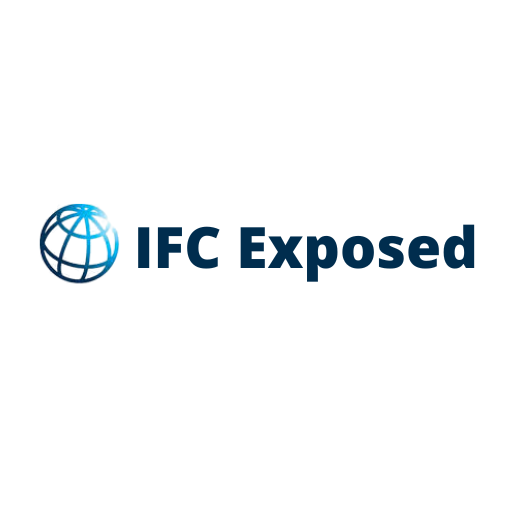15 April 2025 ,
by Sue Godt, Development Researcher
IFC healthcare investments drive human rights abuses and escalate costs
Evaluations of IFC investments in essential services reveal significant negative consequences for individuals, governments, systems, democratic accountability and national sovereignty. For instance, the Health in Africa Initiative, established in 2008, aimed to attract $1 billion in investment. The 2012 midterm review highlighted that mainly wealthier urban populations benefitted, gender equity and transparency were neglected and intermediaries unsurprisingly prioritised financial returns over health outcomes. Research by New York University and for Feminist Africa into private healthcare had similar findings. Prioritising facilities and curative care over primary healthcare and essential services like clean water distorted service delivery.
The IFC widely promotes public-private partnerships (PPPs) to attract investment assuming the private sector is better financed and more efficient in delivering goods and services. Despite considerable evidence about the risks and damage of the model, multilateral development banks and the International Monetary Fund continue to pressure governments to create “PPP-enabling” regulatory and policy environments (see Observer Autumn 2022). The resulting corporate capture of development has propelled growing state indebtedness and declining access to quality public services. Even Global North countries, despite having the required “high administrative capacity” to manage PPPs, are not immune to these risks (see Observer Summer 2018). Private investment in the social sector is a slippery slope to replacing the public sector with the for-profit private sector. It is a failed development model.
Current dynamics: recycling a broken model
Development finance is presently being disrupted. Indebted countries allocate ever-increasing portions of scarce public finances to repay exorbitant commercial investments and loans. When providing much-needed support, international financial institutions demand austerity measures and intensifying structural changes to attract investors, which diminish fiscal and policy space urgently needed to satisfy human rights obligations to, inter-alia, water, healthcare and education, all of which are embedded in the SDGs (see Observer Winter 2023).
The freezing and restructuring of USAID’s programmes and the UK’s rerouting of development funding towards military spending herald new ODA directions, enriching investors and saddling borrowing countries with unpayable debt. Although the World Bank’s chief economist Indermit Gill declared the billions to trillions agenda “a fantasy”, Global North narratives will likely re-emphasise attracting yet-to-materialise private investment. Government costs will likely escalate through assuming more private sector risk and/or guaranteeing more profits.
The SDGs will not be achieved if we depend on commercialised goods and services. We must urgently dismantle the structural forces driving catastrophic debt burdens, centring the IFC as a key player in financing essential services, and empowering and enriching global private investors. Instead, we need to strengthen quality, universally accessible public health, education, and social services that fulfil the right to development.
In June 2022, education actors successfully pushed the IFC to stop financing private education as the World Bank froze direct and indirect investments in private for-profit pre-primary, primary and secondary schools (see Observer Summer 2022). The IFC must do the same again and honour longstanding calls to stop funding for-profit healthcare!
Sue Godt is retired after engaging in development work, development education and solidarity activism since the 1970s. She has lived in Sub-Saharan Africa for over 30 years working at community, national and regional levels on community and women’s development, knowledge management, and health and rights-based programming and also worked globally. Since completing her doctorate examining growing global corporate involvement in Kenya’s and Uganda’s basic health and education services, she has supported DAWN in their work on public-private partnerships and macroeconomics.
This blog originally appeared on the Bretton Woods Project website.
